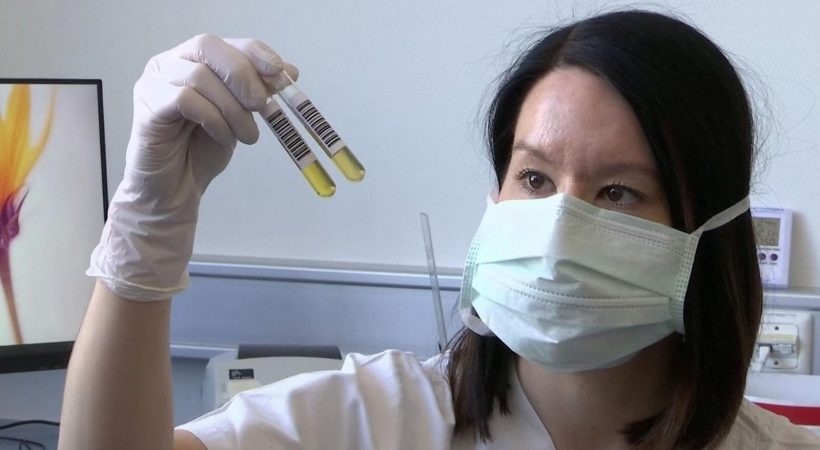FDA Reverses Course on Plasma Treatment

President Trump’s announcement yesterday that the FDA would grant an emergency use authorization of convalescent plasma as a COVID-19 treatment has drawn mixed reviews from physicians and scientists, The Washington Post reports.
The treatment, in which the liquid portion of the blood of survivors is given to ill people, met the standard for an emergency use authorization, according to FDA commissioner Stephen Hahn.
Eric Topol, director of the Scripps Research Translational Institute, said he watched yesterday’s announcement “in horror,” adding “It’s just extraordinary to declare this as a breakthrough.”
The Infectious Diseases Society of America noted “some positive signals” that it can help COVID-19 patients but results from randomized controlled trials are needed to prove its efficacy.
However, Arturo Casadevall, who launched the convalescent plasma approach in the US, supported the decision to move ahead. (More on that below.)
Trump tweeted on Saturday that “The deep state, or whoever, over at the FDA” was delaying things for political reasons. The presidential pressure apparently led the agency to reverse its decision to hold on the authorization and wait for more data.
The Health Equity Angle in FDA’s Decision
Arturo Casadevall, chair of Molecular Microbiology and Immunology at the Johns Hopkins Bloomberg School of Public Health, said the FDA decision resolves “a major health equity issue.”
Casadevall, who proposed the treatment strategy in a February 27 Wall Street Journal op-ed, shared 4 key points with GHN this morning:
- “Plasma was already freely available provided that physicians registered with the FDA under the prior mechanism known as the extended access protocol. [But] it was hard for understaffed hospitals, especially those caring for underserved populations, to get all the paperwork done.”
- “Patients had to wait longer for someone to get the registration done, which directly impacted care given the data that plasma reduces mortality if given before day 3 of hospitalization.”
- “The health equity is critical here—the EUA levels the playing field and makes it easier for poor people to get the same treatment that was available to the better off.”
- “Randomized clinical trials continue, and they will provide definitive data in the future.”
Courtesy: Johns Hopkins Bloomberg School of Public Health















